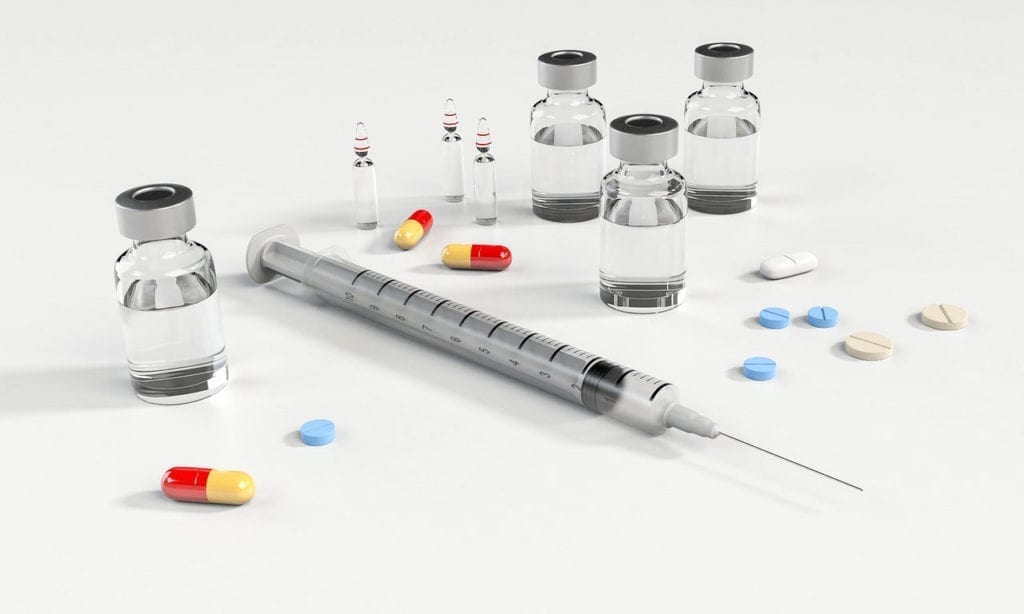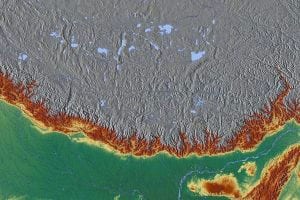Orphazyme, a biopharmaceutical company, has recently released the data from their study of arimoclomol. This product is meant for the treatment of Niemann-Pick disease type C (NPC). Orphazyme specializes in Heat-Shock protein response treatment, and they work specifically with neurodegenerative diseases like NPC. The data, which was collected over the course of two years, showed that this treatment had a positive effect on the progression of NPC. This data will help Orphazyme’s applications with the FDA and EMA. They hope that their applications will be approved and that arimoclomol will be available on the market in the future.
About Niemann-Pick Disease
Niemann-Pick disease is a group of rare and severe lipid storage disorders. It occurs when the body is unable to transfer sphingomyelin, a type of lipid, into the cells, causing them to accumulate in the lysosomes. This disease is divided into three types: A, B, and C. Between these types, severity, onset, and symptoms vary.
Types A and B of this disease occur when there are mutations in the SMPD1 gene, which affects the activity of sphingomyelin. Type C is caused by mutations in the NPC1 or NPC2 genes, which are responsible for a protein that transports sphingomyelin. These genes are all inherited in an autosomal recessive pattern.
Symptoms of Niemann-Pick disease vary depending on the type and location of the accumulation of sphingomyelin. The liver and spleen are common places in which sphingomyelin accumulates, and symptoms would be a loss of appetite, an enlarged abdomen, low levels of platelets in the blood, and pain. If the central nervous system is affected, symptoms may be slurred speech, difficulty swallowing, impaired eye movements, and the loss of intellectual abilities. Bones are not as commonly affected, but when they are, people experience sleep related disorders and enlarged bone marrow cavities.
Type C, which is the form treated by arimoclomol, is characterized by neurological abnormalities, like a loss of coordination and difficulty speaking. A difficulty in swallowing is also common. Intellectual disabilities worsen over time. Cataplexy and seizures may occur as the disease progresses as well.
Treatment for this disease is dependent on the type, but they are all focused on managing symptoms. Anti-seizure, sleep-inducing, and anti-depression medications may all be prescribed. There are also many treatments in various phases of research, with Orphazyme’s treatments being an example.
About Arimoclomol
This treatment amplifies the production of heat shock proteins (HSPs), which fix defective proteins and improve lysosomal function. It is an oral treatment. It crosses the blood brain barrier and has been heavily studied in seven Phase 1 trials and three Phase 2 trials. It is used for the treatment of NPC, but it is also being developed for the treatment of Gaucher disease, sIBM, and ALS.
About Orphazyme’s Study
The data that was released recently comes from a one year extension of the Phase 2/3 study of arimoclomol. The study was double-blind, placebo-controlled and enrolled 41 patients. Data from this study has shown positive results on the progression of NPC, as well as the efficacy of the treatment. All participants agreed to enroll in the extension of this study, in which they all were treated with arimoclomol. Those who initially started on the placebo saw a 90% reduction in disease progression after they were switched to arimoclomol. This treatment was also found to be safe and well-tolerated over a two year period.
Researchers are hopeful that their applications will be approved and that this treatment will be able to help those with NPC soon.
Find the source article here.







